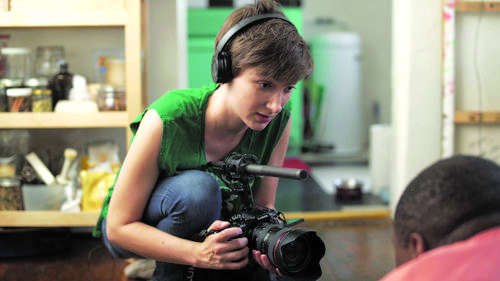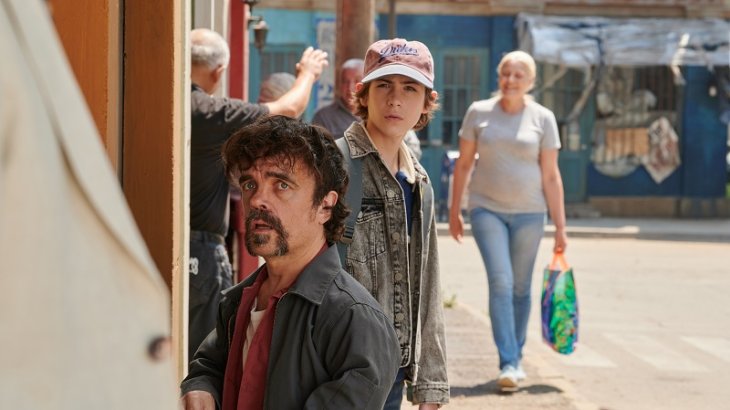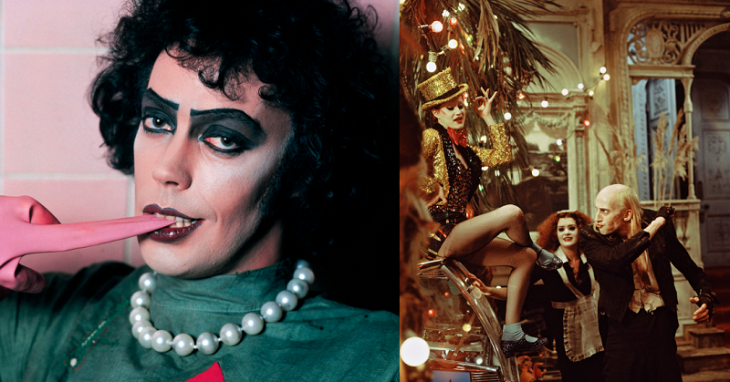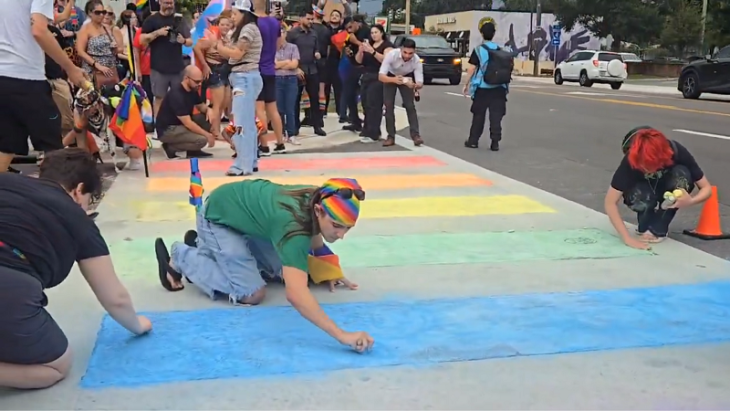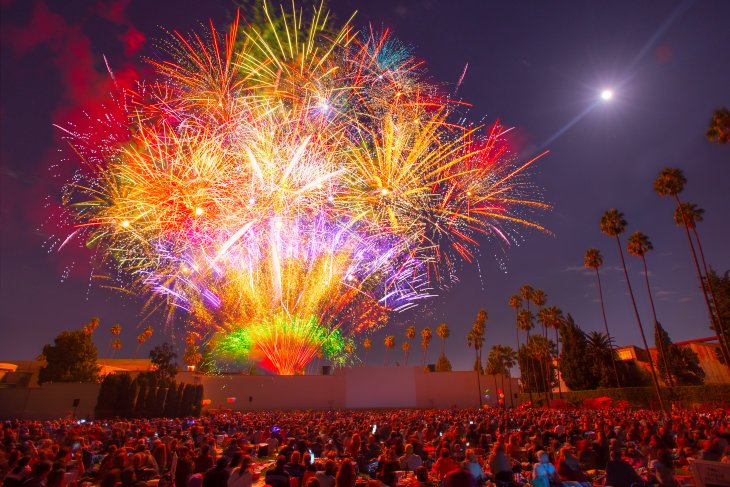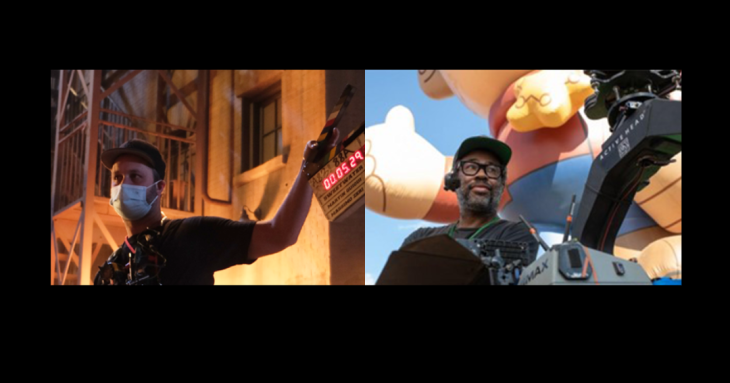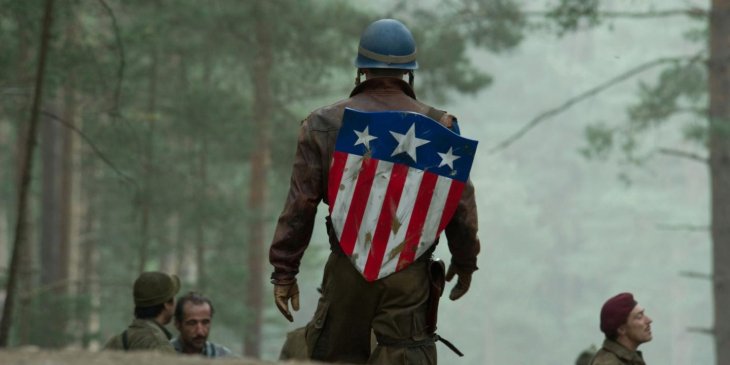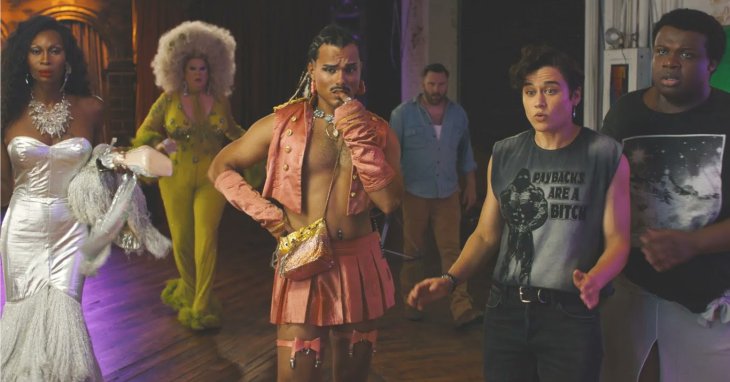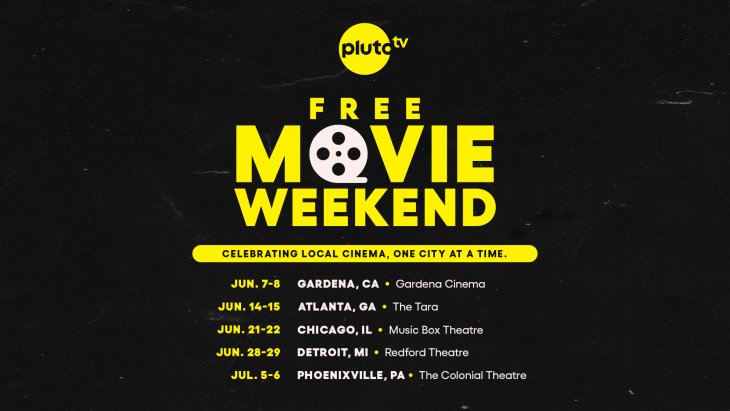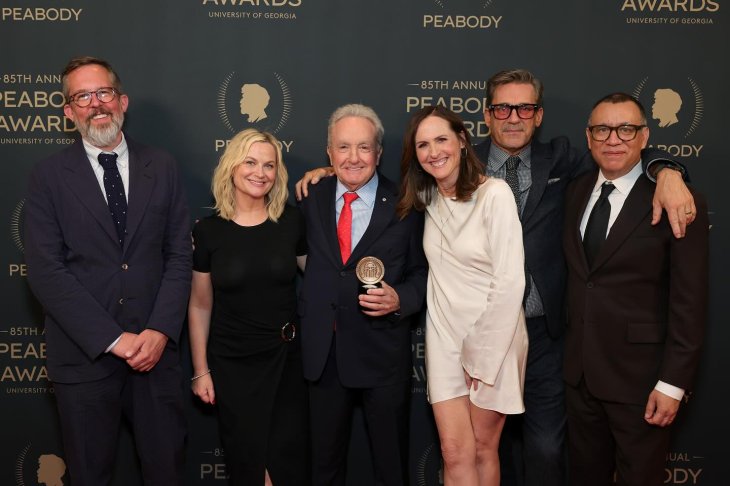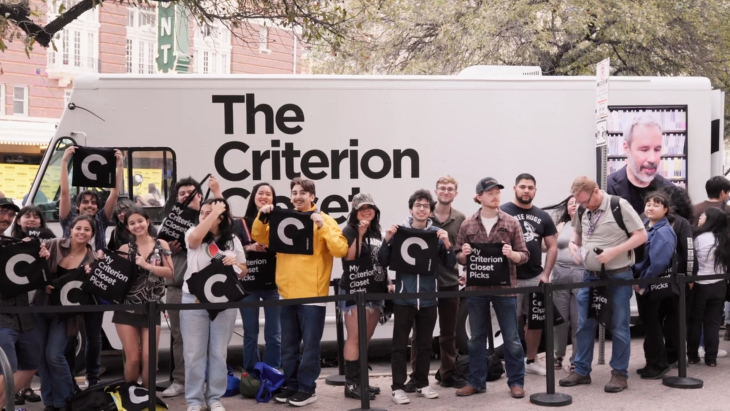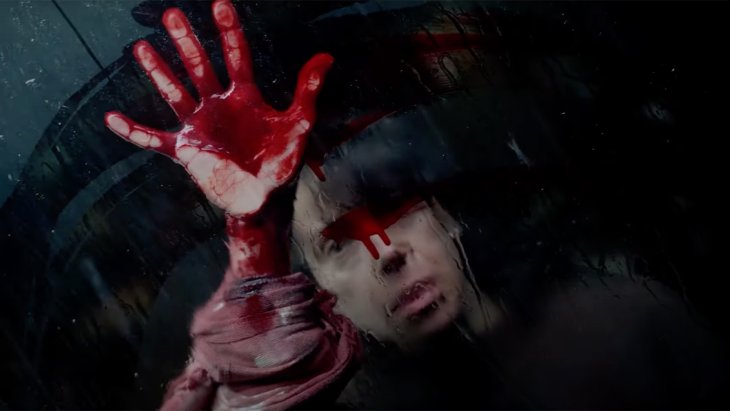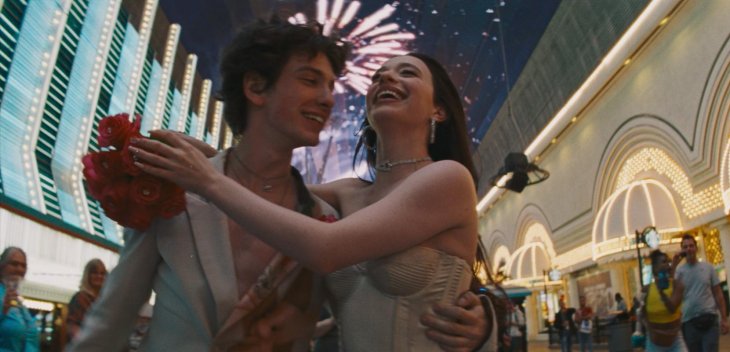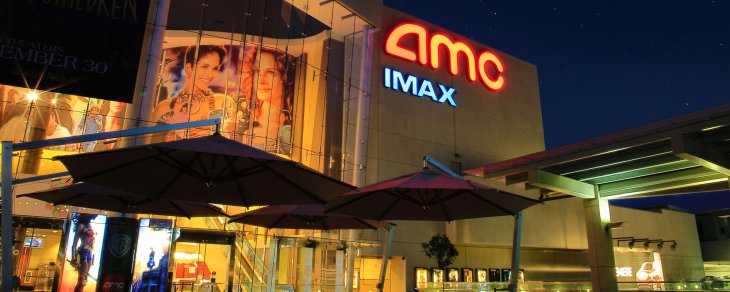In “Work in Progress,” the web series created and starring L.A.-based auteur Tay Barrett, finding what you love to do only happens after a series of bizarre, painful interludes. Watering plants, dating lawyers, and stripping are all stepping stones on the glorious path to queer careerdom. But when it comes to making money, why do so many of us hate what we do? Barrett’s comedy doesn’t want to find easy answers. That’s what makes “Work in Progress” such a hilarious, unexpected pleasure to watch. After working in documentary, Barrett was approached by Here TV to create a series about anything she wanted. So naturally, she started thinking about how we work. We caught up with Barrett to talk about working lives, bizarre first jobs, and queer histories.
THE PRIDE: Tell me about how “Work in Progress” came to be.
TAY BARRETT: HereTV approached me and basically said I could make a show about anything I wanted. I was thoughtful about work at the time, because I was a double major in sociology and creative nonfiction writing in college. And I was depressed too, because all the jobs out of college suck. They don’t feel emotionally nourishing. So I was asking these kinds of questions like, how do people get through their days when they work in an office? Literally! I was asking people with a microphone, just doing audio interviews at first. So the show, “Work in Progress,” is kind of inspired by real-life events. I literally did start asking people straight up, “what do you like about your job? What do you dislike about your job?” I was just curious! I was like, ‘I think I should find a job where I can find some sense of happiness.’ So I started asking around.
Did people say helpful things?
I found it really interesting, because at the same time I was doing that, I was reading a lot of social psychology books. “Why We Work,” by Barry Schwartz, is a really great book about this concept. But it’s amazing, people are very resilient. Most people frame their jobs in a way that feels purposeful. So even if you sweep floors or do some type of service work, we all tell ourselves stories to navigate the world. As we should! We make meaning for ourselves. So I found that interesting. And of course I talked to some people who were like, “yeah, don’t be a lawyer.” But then there were other people who were just blissful. Episode 4 of my show is about me interviewing my Aunt and Uncle about being berry farmers in Oregon. And that was born out of reality. I did ask them, “so what do you like about being a farmer?” Because it is so outside of my lifestyle here in Los Angeles. I think like, 3 percent of people in America are farmers. And my Uncle was so blissful about it, and that really moved me, because I would find it so miserable. I’m an artist, that’s my vocation. And I always knew, but I needed confirmation that I was on the right path. So that process allowed me to be like “I make art, that’s my job.” And it’s a hard job. It’s hard to get compensated for art. Especially when you’re not super famous and nobody’s banging down your door like ‘I need this thing from you!’ And a lot of that confidence and enthusiasm has to be self-generated. Which can be emotionally fatiguing. But I’d much rather live as I do now, being a freelance independent filmmaker, than do anything else.
So Here TV approached you about “Work in Progress.” And they gave you total control.
Shockingly, yes. I don’t know how I duped them! It’s to their credit. I joke that nobody’s banging down my door saying “make this thing” but HereTV did. And that’s a singular instance. I licensed my series “Tiny Nuts” to them in 2014, and they had success placing it on Hulu. So the Managing Director called me and said, “let’s have you make a show, whatever you want!” I didn’t have a lot of direction, they enquired about an ensemble comedy and said that that would be welcome. And that was the extent of it.
You’re also doing “Inside the Rainbow,” about queer working lives.
Yes. That’s going to be a short series. And I’m really having fun with it. I’ve met some really interesting people in the queer community. I’m basically just showing queer people who are doing some type of positive social good. They’re making their art, they’re lending some type of service that’s uplifting. When I started the project, I was so sad and downtrodden about the news, the state of politics, everything I read. It was so upsetting. I was just like, “okay, we need something really uplifting!” I want to feature happy queer stories and narratives that aren’t so depressing. Because those stories matter, and I ingested them when I was coming to terms with my queer identity. I really wanted to celebrate and shine a light on those stories. So one piece is about a queer astrologer, another is about Big Dipper, this awesome bear rapper. Another is about Mark Taylor, who runs a part of the library at NYU where they have a huge vintage gay erotica section. Honestly, if I just meet somebody who’s really cool and I want an excuse to spend time with them, I can make a segment. And then I have another short doc series called “Queer Family Tree,” where I just sit down with somebody and ask them a bunch of questions about their queer identity and their relationship to it. Like, “how did you come to know you were this identity. What did you like about it, what did you not like? What would you tell your younger self?” So honestly, I’m just trying to create work that I would have loved when I was younger, that would have helped me. And hopefully this can serve as a resource for people, to let them know that it’s not so dire.

